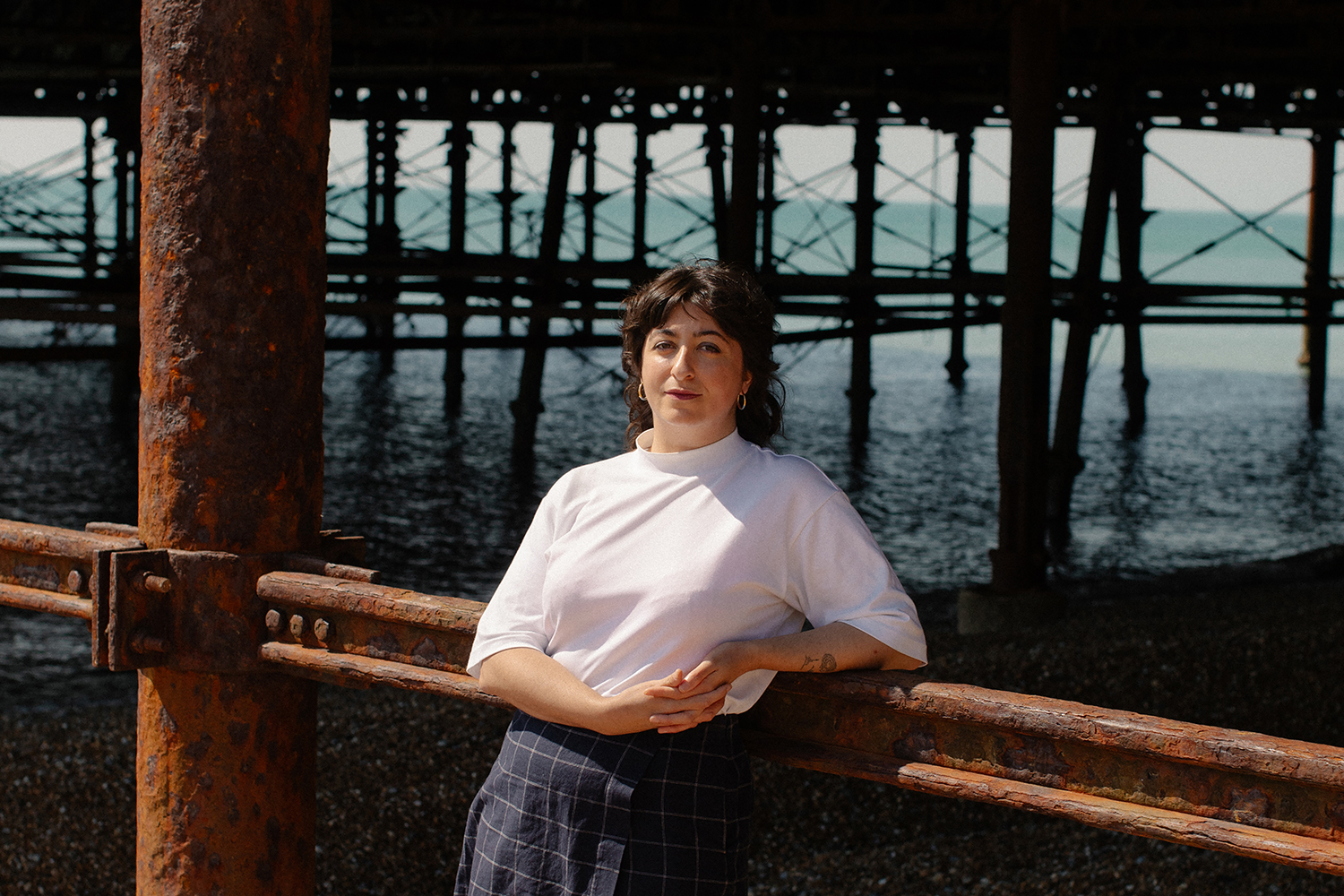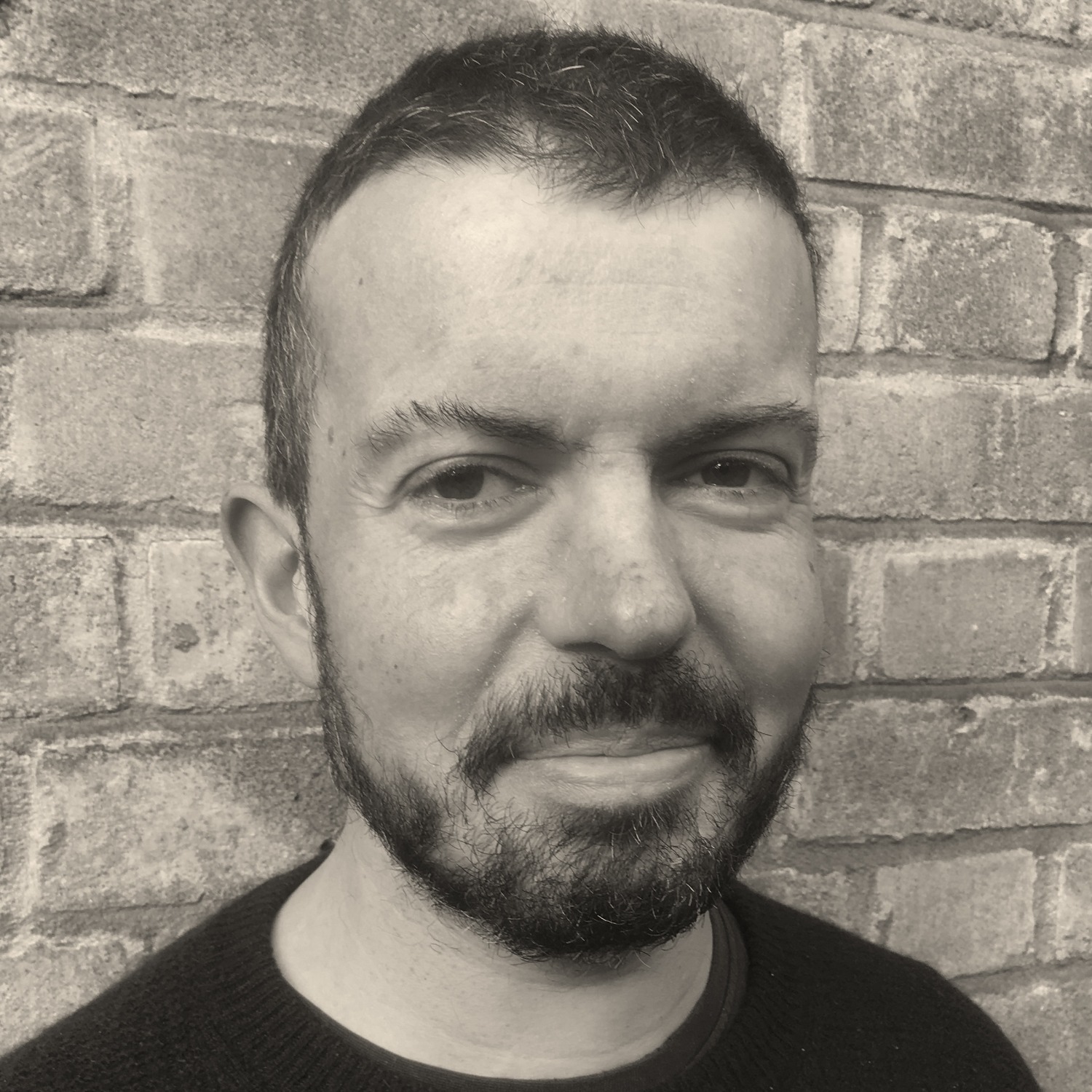With more than 1.9m titles sold in the UK in 2022, it’s a boom time for translated fiction. Yet there are ominous reports in the trade press of publishers increasingly asking translators to clean up AI-generated first passes, so you sense storm clouds are brewing. In some markets abroad, novels translated from English are being outsold by imported originals, prompting overseas publishers to issue their own English editions. It’s hard not to feel that if the industry can find a way to do without translators, it will; even the language of praise (“seamless”) tends to imply that the best translators are the ones who let us pretend they don’t exist.
Two excellent new books enhance our appreciation of what’s actually involved in turning one language into another. Speaking in Tongues is a spry exchange between the Nobel-winning novelist JM Coetzee and his Argentine collaborator, the translator Mariana Dimópulos. She produced the first published text of his 2022 book The Pole, released in Spanish (El Polaco) before it came out in English. Coetzee, fed up of English lording it over other languages, wanted Dimópulos’s version to be considered the original from which other translations would be made. Doubtful publishers refused to play ball.
The dialogue examines these and other subjects in absorbing detail. Naive views of “faithful” translation are immediately demolished. Coetzee imagines translating the sentence “Roger and his brother caught a bus” into Vietnamese, which has words for “elder brother” and “younger brother”, but not “brother”; like it or not, the translator’s role is “semi-authorial”. That’s before you get to more ethical questions of, say, offensive material. Dimópulos prefers to “reproduce every view and position the manuscript gives me, even if I utterly disagree”; Coetzee, a translator himself, isn’t so sure.
The book keeps in sight Jen Calleja’s abiding excitement at language
The book keeps in sight Jen Calleja’s abiding excitement at language
The energy of their conversation lies chiefly in Coetzee’s attitude of perpetually troubled thoughtfulness. As they cordially bat around ideas on Kafka’s style or the untranslatability of colour, we glimpse a mind poised on the brink of a philosophical abyss. “If the word cannot be found, does it really exist?” asks Coetzee, unable to nail a description of a character in his latest work-in-progress. He recalls his schoolboy toil over grammatical gender in Latin: “It is only recently that I have begun to wonder whether I was not missing something: a window to a universe not of objects but of forces, forces which to our ancestors... were ultimately versions of the great procreative drives, the masculine and the feminine, embodied and embedded in language since time immemorial.”
Fair, a memoir by Jen Calleja, a translator from German to English, sticks to more practical matters. Where Coetzee and Dimópulos debate childhood language learning (“an acquisition of the idea of language itself”), Calleja, born in an English seaside town to a Maltese mechanic, recounts needing to persuade teachers at her cash-strapped state secondary not to scrap French and German.
The title flags her playful organising conceit – chapters on various aspects of translation are presented as different stalls at a fair – but it also signals Calleja’s concern with justice; here less a matter of line-by-line fidelity than labour conditions. The book’s transparency demystifies a 21st-century arts career: a kind of access-all-areas ask-me-anything, it’s clear-eyed about her struggles yet always keeps in sight her abiding excitement at language. The spark came in childhood, overhearing her father on the phone speaking Maltese, which she wasn’t taught. Further fuel came from adventurously pitching up in Munich as a school leaver in flight from a teenage relationship.
Calleja’s professional adulthood back in the UK among privately schooled Oxbridge graduates leads her to speculate on the link between her proficiency as a translator and the need to code-switch as a survival strategy. She says growing up in a household that owned only a few books prepared her for the repeated re-reading that’s now key to her life (“I can handle those 12 reads”); in a similar spirit of sincere self-inquiry, she wonders if her occupation might share a trace in common with her late mother, who had schizophrenia and heard voices.
Fair is spiky as well as frank. Calleja takes issue with a critic’s online post about not using dialect in translation; she turns a nitpicking Spectator review into a poem; and gives herself the last word over pesky interlocutors at panel events. Inkier trials of the job are dramatised with vigour: a discussion on how she handled the first line of Marion Poschmann’s The Pine Islands plays out as a comic dialogue of fretful second-guessing (“Don’t forget! Translators get paid per word, not by the hour!”).
Most publishers don’t even want translators named on a book jacket. The message is clear: they’re disposable, secondary, not the story. Calleja’s genre-busting memoir laughs in the face of all that, with cheek and joy and not a little bitterness. Its invigorating candour and vivid quiddity feels audacious, polemical, essential.
Newsletters
Choose the newsletters you want to receive
View more
For information about how The Observer protects your data, read our Privacy Policy
Speaking in Tongues by JM Coetzee and Mariana Dimópulos is published by Harvill Secker (£14.99). Fair: The Life-Art of Translation by Jen Calleja is published by Prototype Publishing (£12.99). Order Speaking in Tongues or Fair at observershop.co.uk for a 20% launch offer. Delivery charges may apply
Photograph by Jorge Antony Stride

